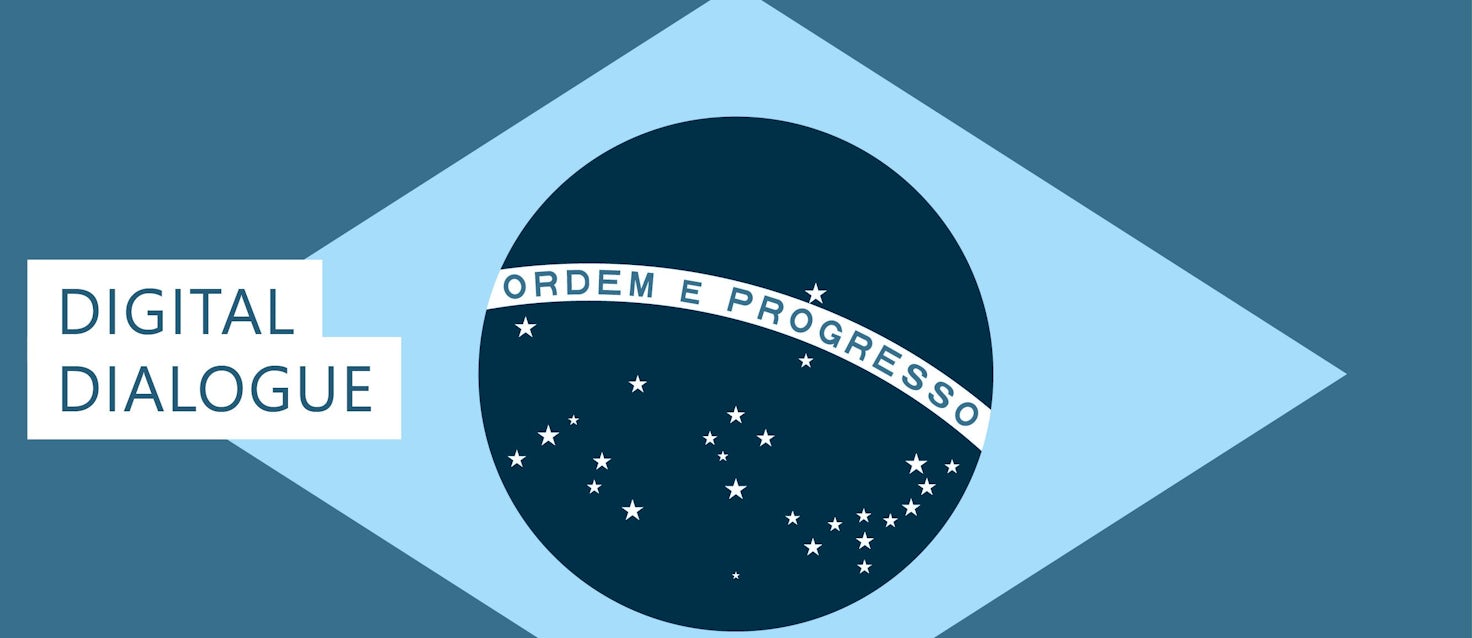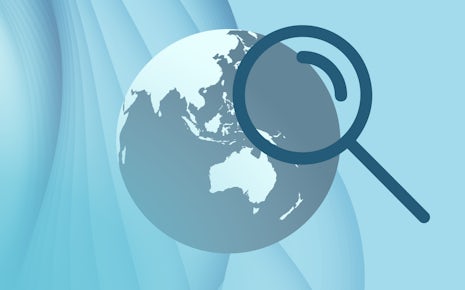Abstract
Brazil is a critical partner for the EU in its efforts to build a secure and rights-based global cyberspace. It has made significant advances in digitization domestically and played a pivotal role in international negotiations on cyber security and data protection. At the same time, Brazil is facing mounting challenges related to cyberspace. Concerns have arisen regarding issues of internet freedom, data protection, net neutrality, and disinformation. The country has also been confronted with an increasing number and sophistication of cyber threats. Brazil’s ability to exploit the benefits of the evolving digitization while mitigating these risks will strongly influence the dynamics of its cyber partnership with the EU. To identify areas of mutual interest in cyber security and diplomacy between Brazil and the EU, this Digital Dialogue paper provides an overview of Brazil’s cyber ecosystem, illustrates its legislative, institutional and strategic cyber security policies, assesses its positions in regional and global cyber security debates, and outlines the evolution of Brazil-EU cyber cooperation. As Brazil assumed the chairmanship of the sixth United Nations Group of Governmental Experts (UNGGE) established in December 2018, this paper also discusses both sides’ positions in these negotiations. The study draws on publicly available primary and secondary sources as well as interviews with officials and experts conducted in Brasilia and São Paulo in May 2019.
Key points
- Successive Brazilian governments’ legislative, institutional and strategic reforms to exploit the benefits of emerging technologies while mitigating their risks continue to be a highly contentious political issue. While Brazil’s 2014 Marco da Civil was applauded as a benchmark for digital rights, its efforts to secure the FIFA World Cup in 2014 and the Olympic Games in 2016 as well as measures to curb disinformation sparked criticism by groups advocating internet freedom and privacy. As Brazil develops a new national cyber security strategy and establishes a new federal data protection agency, these political struggles will persist.
- As Latin America’s largest technology hub and the world’s fourth largest internet user base, Brazil has become a top target of transnational cyber crime, the primary cyber threat to its users and networks. Its accession to the Budapest Convention, initiated in December 2019 after years of reluctance, will offer a mechanism to address the challenge internationally.
- Brazil’s ability to walking a diplomatic tightrope in international debates on norms of responsible state behavior and data privacy will be tested in 2020, as it will be compelled to make hard choices regarding 5G and global cyber crime regulations and navigate a polarized setting chairing the UNGGE. Amidst a technological standoff between China and the US, Brazil is positioning itself as bridge builder.
A broadened and widened partnership with the EU on ICT and research, internet governance, cyber crime and cyber norms will become increasingly essential to maintain a stable and rules-based cyberspace. Brasília and Brussels should invest in enhanced information sharing, public documentation of how international law applies and joint capacity building, efforts that require involving multiple stakeholders.

